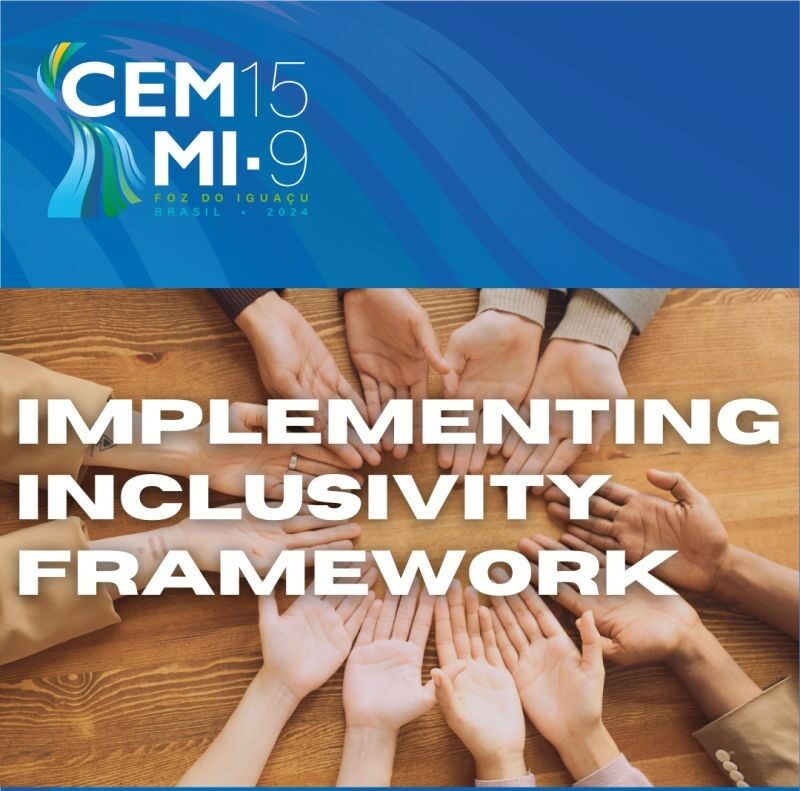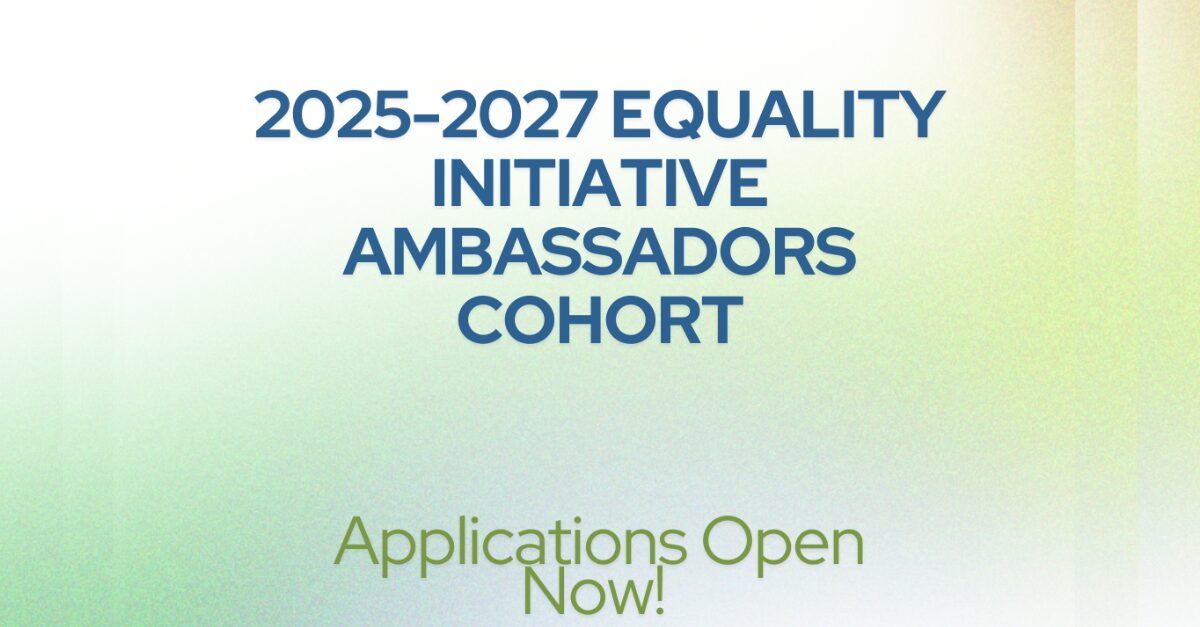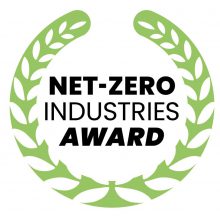
At the 15th Clean Energy Ministerial (CEM15) and the 9th Mission Innovation Meeting (MI-9), the Equality in Energy Transitions Initiative launched the Implementing Inclusivity Framework, a pivotal step in embedding Gender, Equality, Diversity, and Inclusion (GEDI) into global clean energy efforts. This transformative framework endorsed by Mission Innovation’s Inclusivity Catalyst, aims to ensures that as the world transitions to clean energy, gender equity and inclusivity becomes a cornerstone of the program and event designs.
A Pathway for Inclusivity
This framework consists of a set of actionable recommendations for all CEM and MI members to foster greater integration of gender, inclusivity and diversity considerations across their activities. By encouraging social inclusion in the clean energy sector, this initiative highlights the vital role that women, youth, and underrepresented groups play in driving the transition to clean energy. The framework provides practical approaches to ensure inclusivity in at the heart of upcoming engagements.
Four Pillars of Inclusivity
The framework is structured around four key steps that stakeholders within the CEM and MI communities can take to ensure inclusivity:
- Reflect: Encourages CEM workstreams, MI missions, and their members to consider how their workplans can advance equitable clean energy transitions by reflecting on gender and diversity impacts, including balance in their representation.
- Represent: Advocates for gender balance and diversity in delegations, events, and leadership roles to ensure equitable representation of voices, particularly women and young leaders, in clean energy discussions.
- Reinforce: Calls for the reinforcement of commitments to inclusive clean energy transitions by showcasing actions that advance the roles of women and underrepresented communities.
- Refine: Focuses on refining strategies through tracking progress, sharing lessons learned, and recognizing successes that contribute to building a just and inclusive energy future.
Empowering the Next Generation of Clean Energy Leaders
One of the key features of the framework is its emphasis on the inclusion of youth delegates, particularly young women, in CEM and MI events. By prioritizing their participation, the initiative aims to cultivate a new generation of diverse clean energy leaders, ensuring that the future of clean energy is both equitable and representative of all communities.
Sharing Best Practices and Building Momentum
The Implementing Inclusivity Framework also invites CEM and MI members to share their own best practices and lessons learned in integrating gender and diversity into their projects and programs. By fostering a culture of knowledge-sharing, this initiative hopes to build a collective movement towards more inclusive clean energy transitions. Success stories and examples of good practices will be showcased at future ministerial gatherings, inspiring continued action.
A Global Commitment to Equality
The launch of the Implementing Inclusivity Framework at CEM15/MI-9 marks an important moment in the global commitment to achieving just and equitable clean energy transitions. As the framework is adopted and put into action, it will serve as a guide for governments, organizations, and stakeholders worldwide to integrate inclusivity into their clean energy efforts.
As the clean energy community reflects on the progress made at this Ministerial event, the implementation of the Inclusivity Framework stands as a powerful reminder that achieving a sustainable energy future depends not only on technology and innovation but also on ensuring that everyone has a seat at the table.


